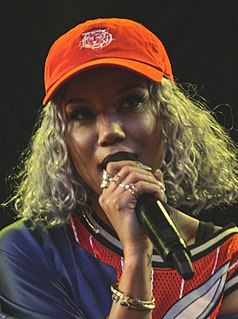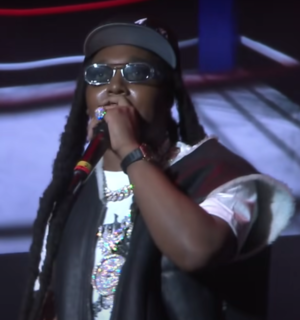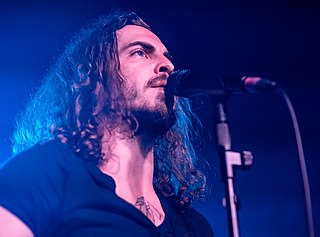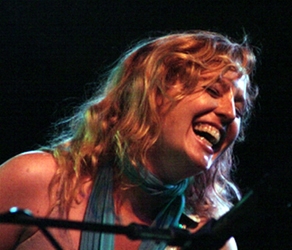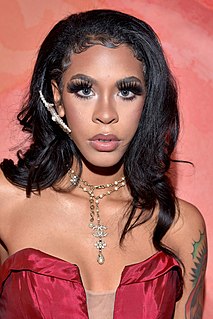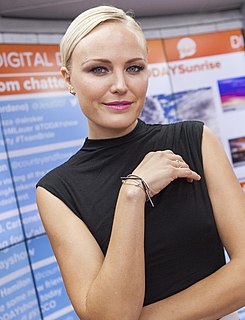A Quote by Jhene Aiko
"Snapped" happened maybe like two months after I released the mixtape. I just like took a break from recording and that was the first song I wrote and recorded after the mixtape.
Related Quotes
I think the old school, back in the day, 10 to 15 years ago in music, is like you launch one single and you just let that ride out. Right now, you've got folks like Chris Brown, he just won't let up, he's got mixtape after mixtape, they're playing songs on the radio from the mixtape and then he's got songs on the album and videos and he's got remixes he's jumping on.
A good mixtape didn't just gather together a bunch of love songs, but instead created an emotional narrative specific to your affection. The stories in most of my favorite collections are collected more like songs on a mixtape than, say, collected like spare change. By which I mean they are in conversation with each other and work to become larger than their parts.
I find that the time that goes by is actually your best friend when you are making a record. The passing of time gives you perspective on what you recorded and what you wrote. If something sounds good to you 12 months after you recorded it then chances are pretty good that there's something valuable about the part or the song.
After I had my daughter, I kind of got comfortable with motherhood and had time to focus on something else then I started "Sailing Souls" with Fisticuffs, who produced the majority of the mixtape. I just wanted to put out something, like it wasnt really for, you know exposure or to get a deal or really anything like that.
